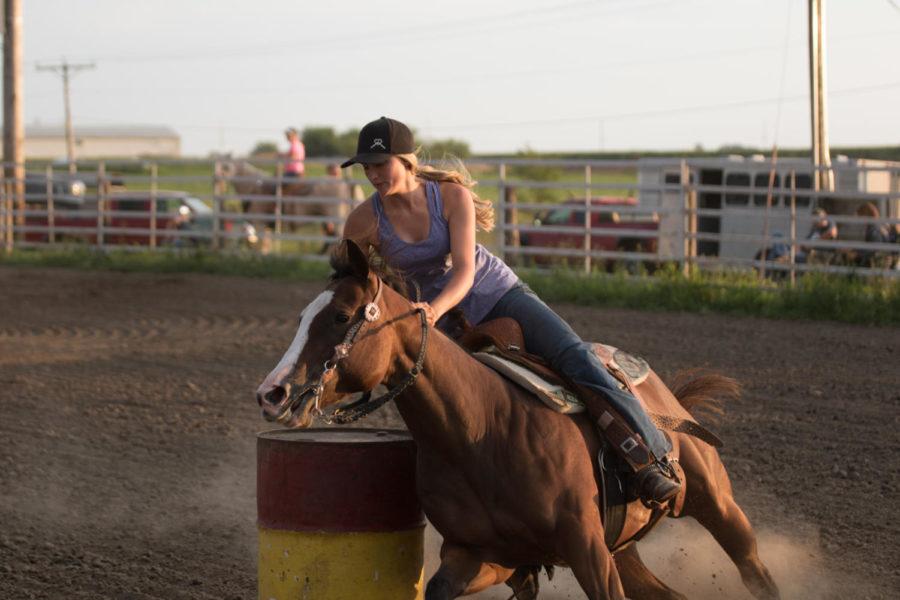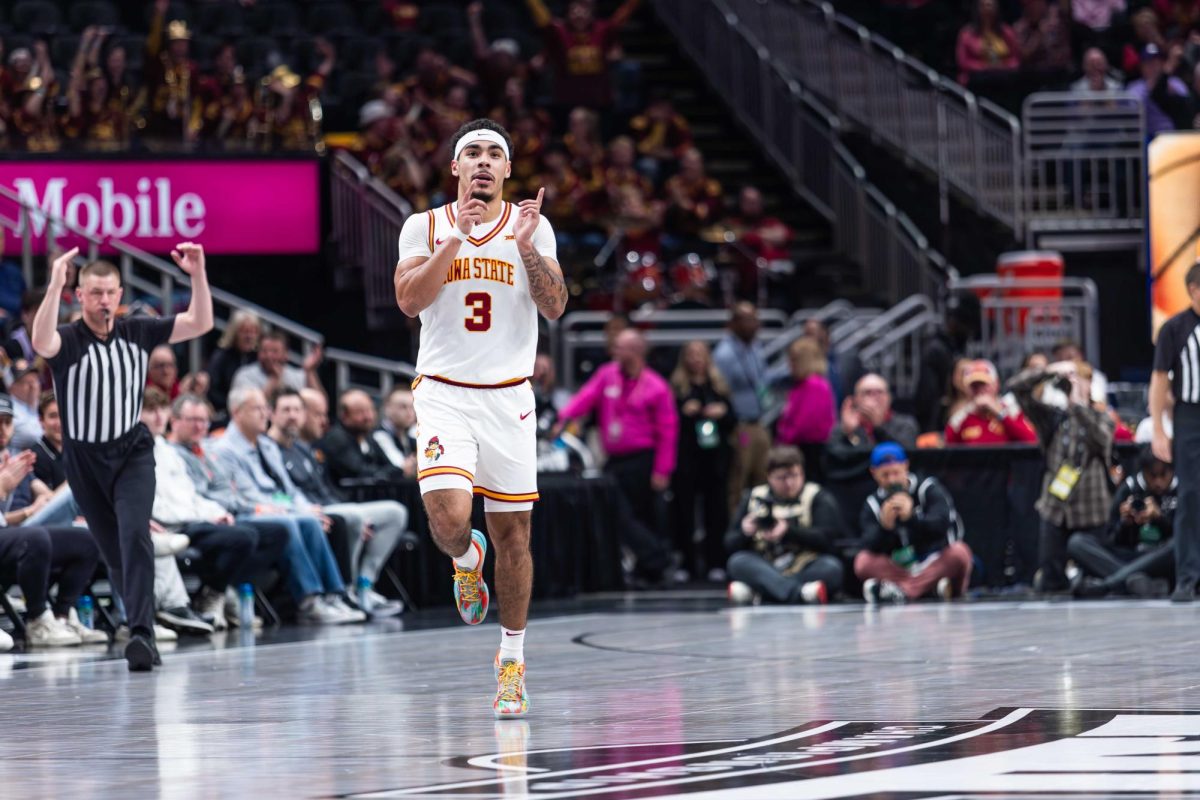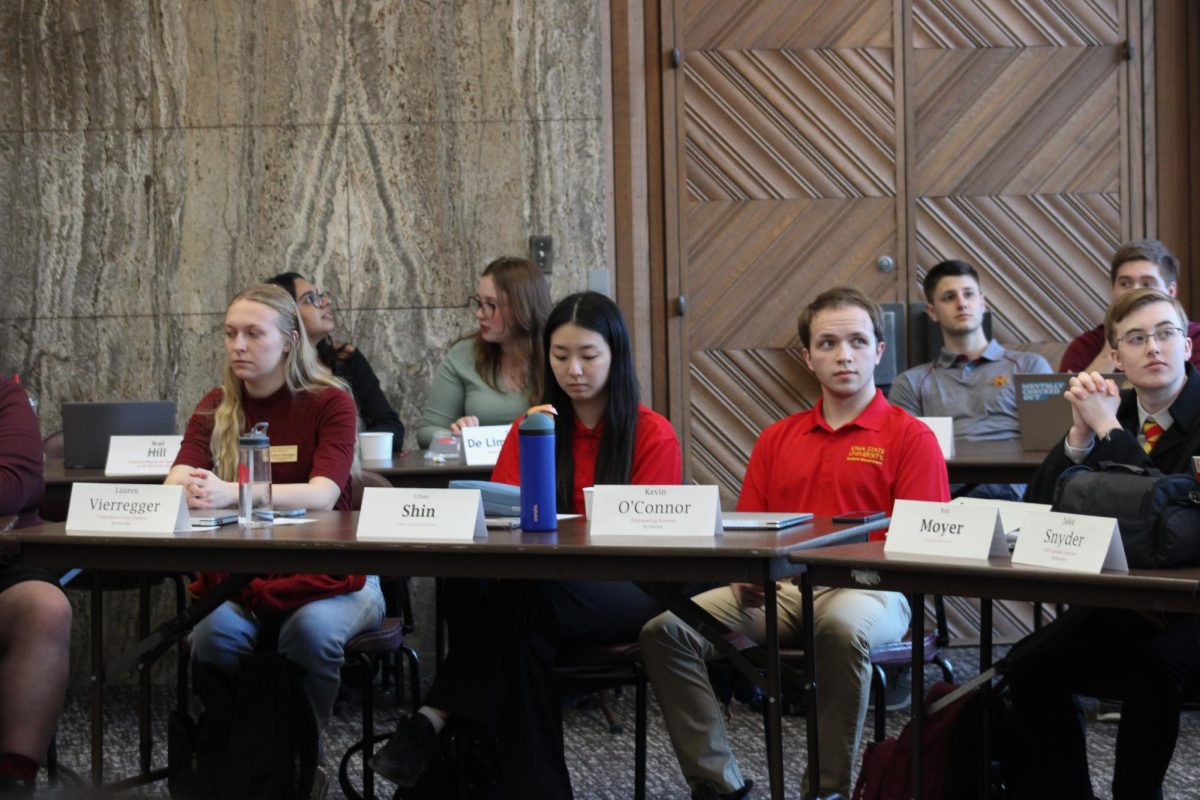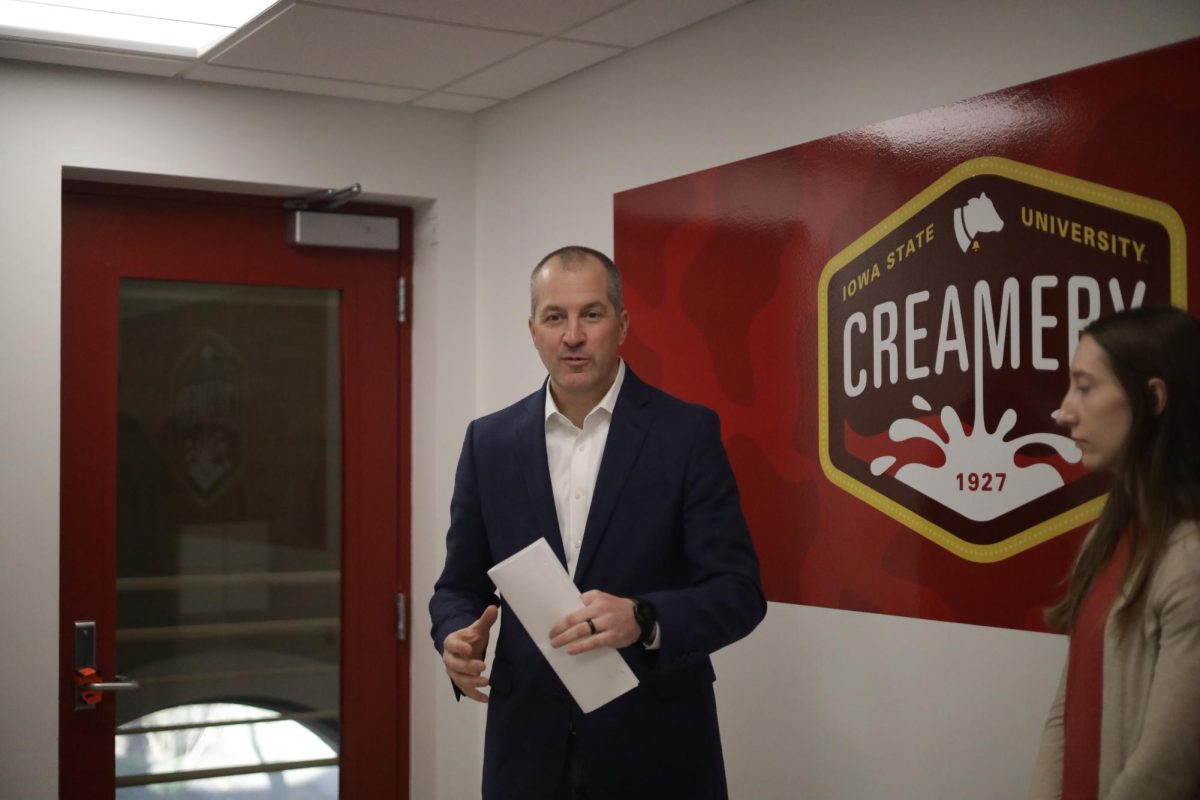Iowa State to change operations of high-risk sport clubs
Chris Jorgensen/Iowa State Daily
Iowa State has proposed changes to the regulations of “high-risk” sport clubs that will prevent some clubs from practicing. The Equestrian Club is one of the organizations that would be impacted by the change.
March 28, 2022
Iowa State recently tasked a review committee with developing a proposal that aims to increase the health and safety of members of high-risk sport clubs on campus.
After a crew club accident that resulted in the death of two students last spring, the university aims to make changes to the operations of student sport clubs. This proposal consists of recommendations from the US Council for Athletes Health and a group of university personnel.
The Sport Clubs Review Committee defines a high-risk sport club as participation requiring physical contact, extreme physical exertion, the use of personal protective equipment, the use of or exposure to mechanical and electrical equipment, the use of or exposure to hazardous substances, contact with animals and other activities that may be high risk.
“Currently, there are approximately 50 sport clubs that engage in activity that based on an initial cursory review of these clubs, the majority would likely be determined to engage in high-risk activity,” the proposal states. “Based on current staffing levels, Recreation Services estimates that they would be able to sponsor ~15 sport clubs at the new enhanced oversight level.”
The Sport Club Review Committee declined an interview request from the Daily.
Clubs that are considered to be high-risk and lose sponsorship from Recreation Services would be forced to become an enthusiast student organization. These enthusiast student organizations would permit students to come together and discuss their shared common interest without participation in the activity.
One of Iowa State’s many sport clubs is the Equestrian Club-Hunt Team. This club consistently practices and competes throughout the year.
“If the equestrian clubs were forced to become enthusiast sport clubs, the university would take away our ability to ride and compete as we currently do. We would essentially become a club for people passionate about horses,” said Megan Giese, a senior majoring in entrepreneurship and the president and captain of the Equestrian Club-Hunt Team. “While the social aspect of the club is greatly beneficial, many people come to us for opportunities to improve their riding and compete.”
According to the proposal, clubs that will be allowed to continue engaging in high-risk activities must satisfy multiple requirements that aim to reduce risks.
Clubs would be required to form a health and safety committee. This committee must consist of the president, two health and safety officers, club advisor(s) and the coach. They will be responsible for developing the club’s health and safety policy and training specific to that club.
The proposal also includes suggestions to require enhanced university trainings and meetings for all clubs, a hotline where health and safety concerns can be reported and additional guidelines for club activities.
“My immediate concern with the proposal is the fact my teammates may be prohibited from participating in the sport they are passionate about,” Giese said. “I agree that sport clubs should have safety precautions as the proposed report says, but the way this information was presented to us felt unfair, and it’s clear that the review committee made assumptions before speaking with clubs individually.”
The university is now seeking feedback on this proposal from Student Government, the Sport Clubs Council and sport club participants. A new sport clubs operation plan is expected to be in place by the fall semester.
For more information and to view the Sport Clubs Review Committee’s proposal, visit the Iowa State News Service website.







